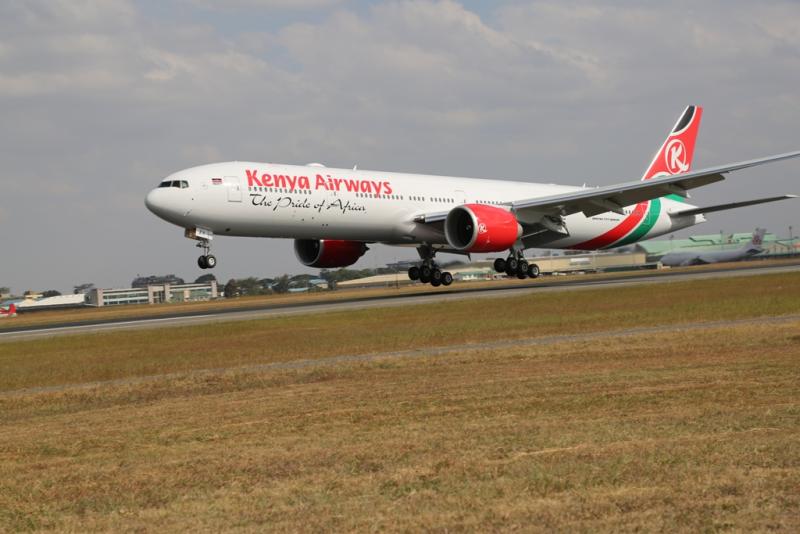×
The Standard e-Paper
Smart Minds Choose Us

Nationalisation of the troubled Kenya Airways and creation of four other aviation-related subsidiary parastatals are among details of far-reaching recommendations to save the debt-ridden national carrier.